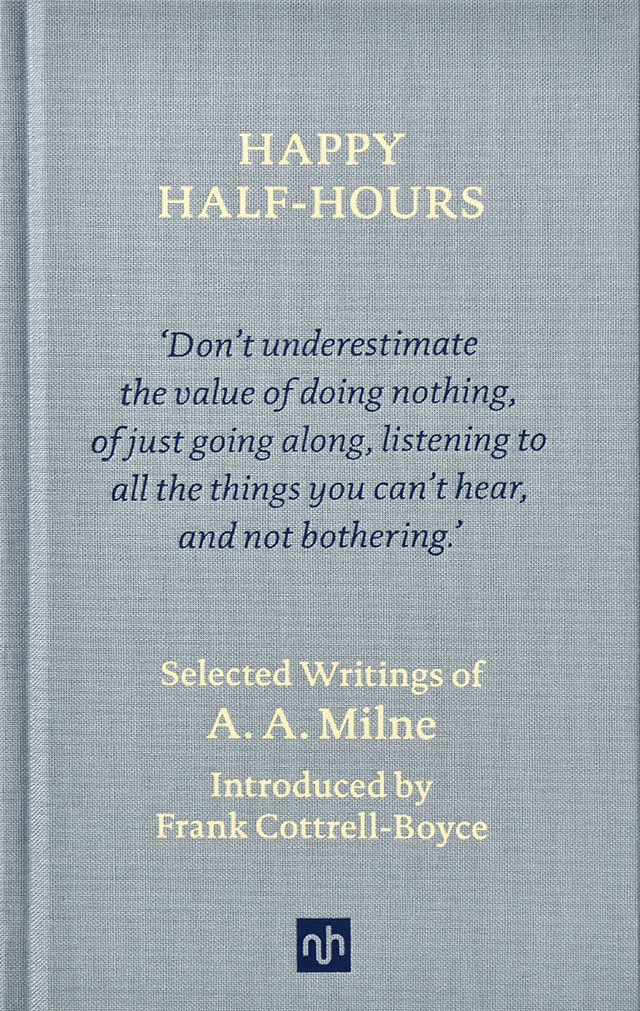
A delightful selection of writing from non-fiction books and articles by the ever-popular A.A. Milne, many of which haven’t been in print for decades. Introduced by the prize-winning children’s author Frank Cottrell Boyce, this volume is an ideal gift book, bringing AA Milne’s brilliant non-fiction back to the spotlight.

A delightful selection of writing from non-fiction books and articles by the ever-popular A.A. Milne, many of which haven’t been in print for decades. Introduced by the prize-winning children’s author Frank Cottrell Boyce, this volume is an ideal gift book, bringing AA Milne’s brilliant non-fiction back to the spotlight.
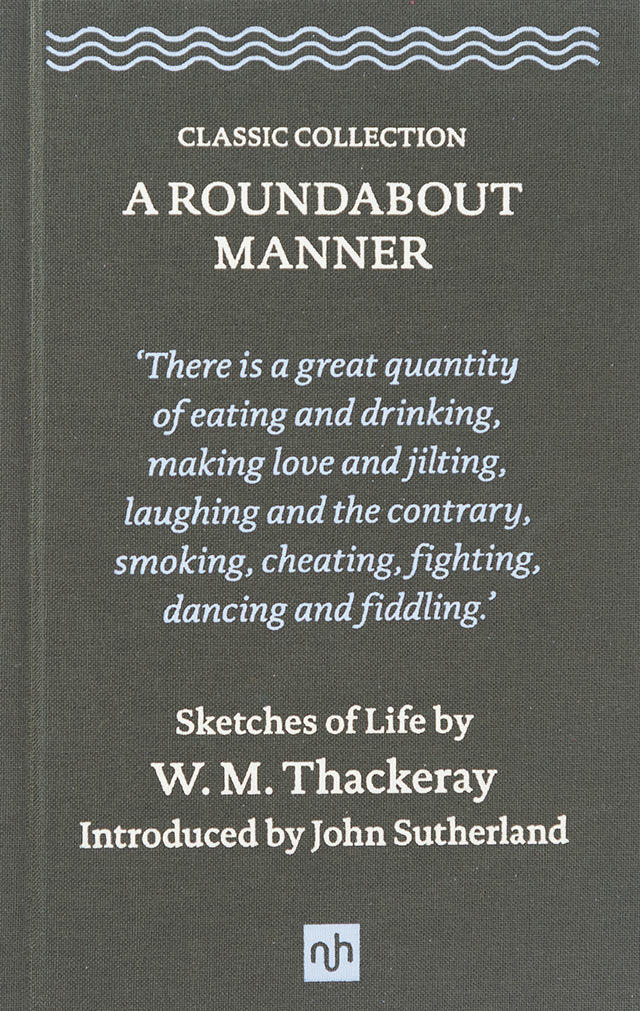
This is the first ‘sampler’ which covers all of Thackeray’s versatile genius: his cartoons, his journalism, his carefully restrained sentimentality (much to Victorian taste), his cutting satire, his essayism and what one could grandly call the Thackerayan world view.
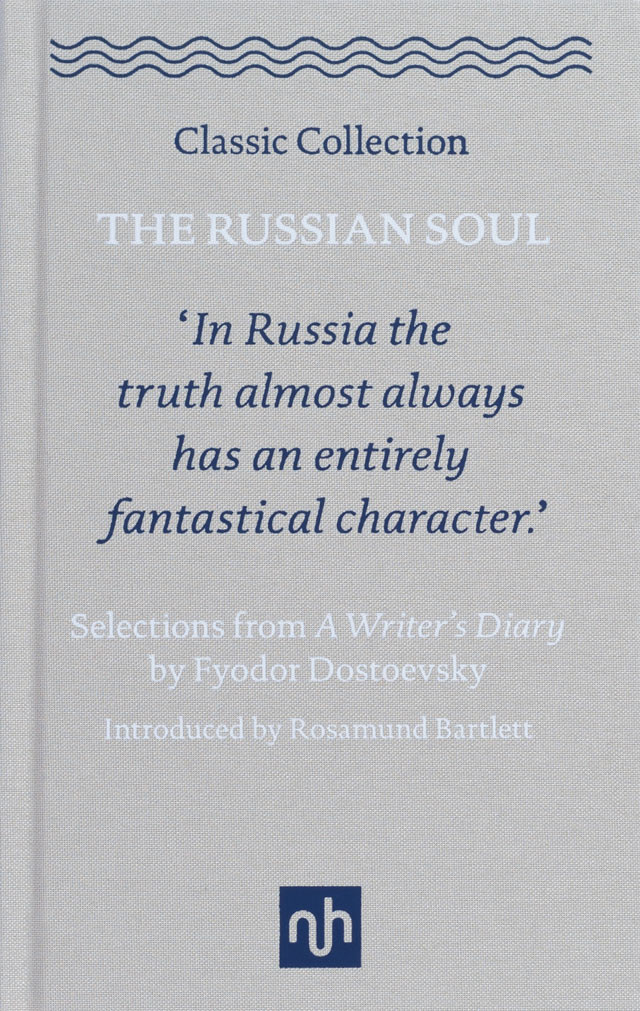
A new anthology of Dostoevsky’s remarkable work ‘A Writer’s Diary’. Brilliantly introduced by Rosamund Bartlett, distinguished scholar and writer, The Diary stands revealed as the work of a writer-activist and blogger avant la lettre, who sought to transform Russian society and humankind itself.
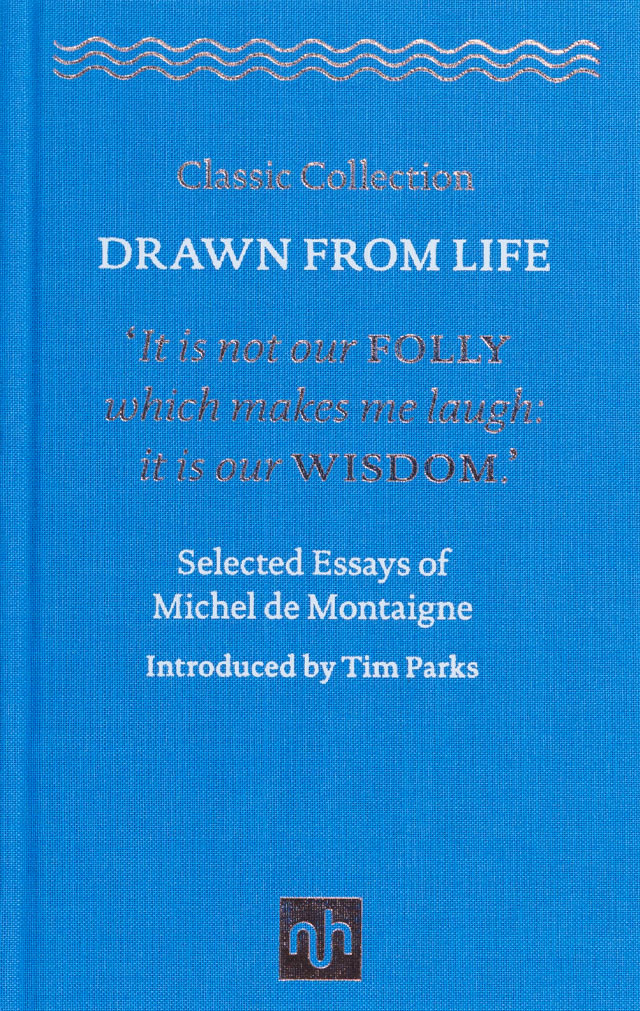
The essays of Michel Eyquem de Montaigne, the 16th-century French philosopher, are an obvious addition to the Notting Hill Editions ‘Classic Collection’ due to the masterful balance of intellectual knowledge and personal story-telling conveyed in his writing. He popularised the genre of the essay form, coining the term from the French verb ‘essayer’, translated literally as attempts or trials. This selection is introduced by Tim Parks and is from the M A Creech translation.
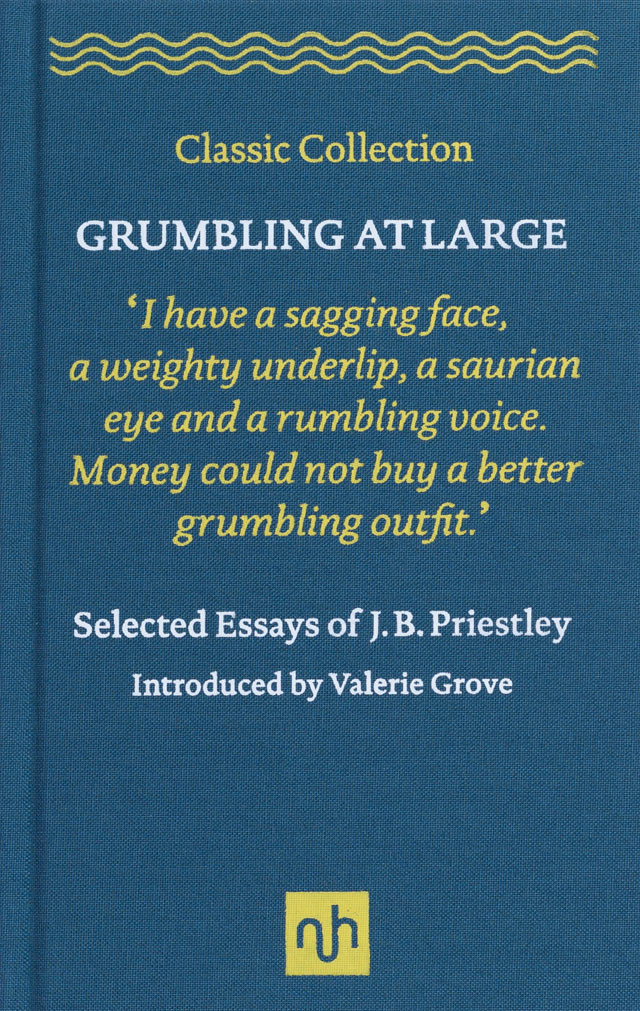
A delightful selection of Priestley’s essays, drawing on five decades of his writing. Priestley defined the essay as a ‘prose masterpiece in miniature’ and understood that to perfect the form, the essayist had to stand ‘naked and shivering’ in the very first sentence.
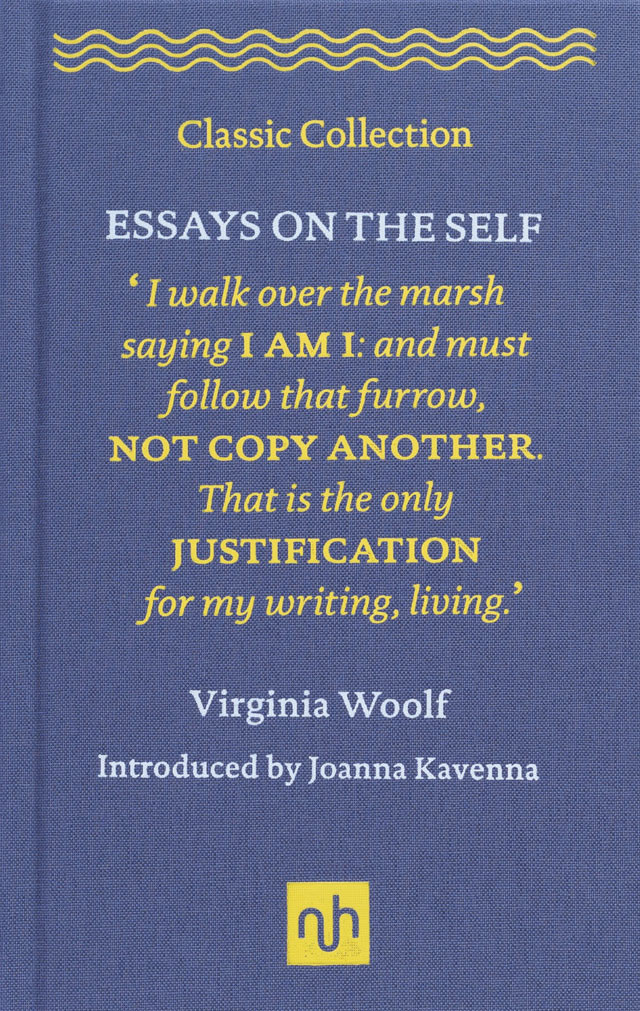
The essays in this collection are, of course, not merely concerned with the self. Woolf does also discuss the rights of women, the revolutions of modernity, the past, present and future of the novel. She is eloquent on social inequality and the agony of war.
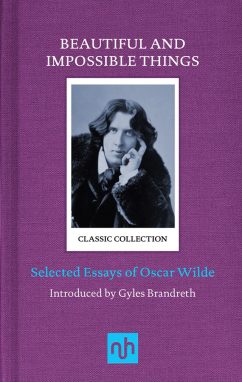
This popular book of essays by Oscar Wilde is introduced by Gyles Brandreth. Making an ideal gift book for fans of his work, this collection showcases the aphorisms, genius and wit of Oscar Wilde.